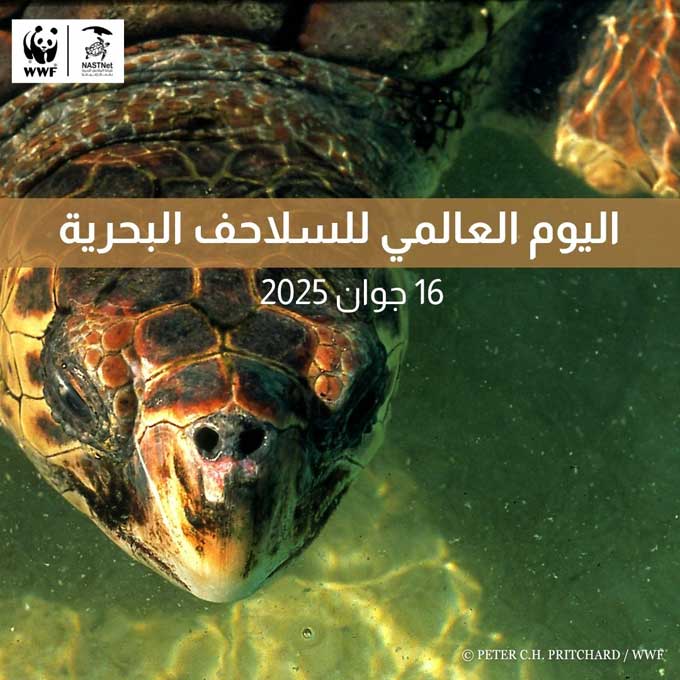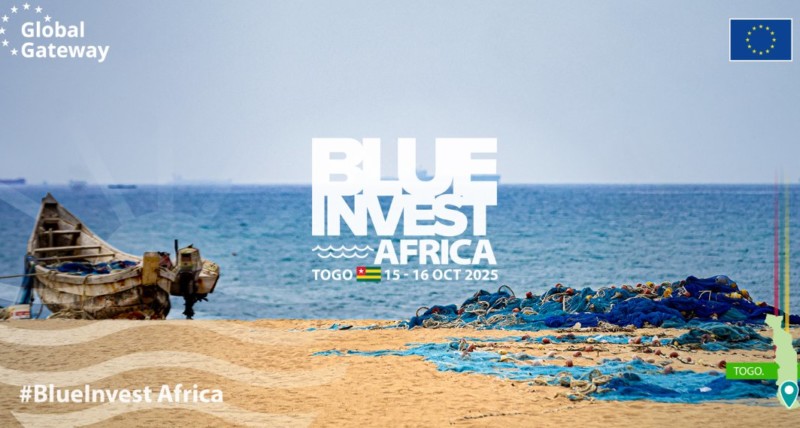World Sea Turtle Day is celebrated on June 16 each year to raise global awareness about the importance of protecting this endangered marine species.
On this occasion, WWF North Africa renewed its commitment to protecting these creatures, which play a vital role in maintaining the stability of marine ecosystems. The organization supports actions aimed at safeguarding their natural habitats and minimizing the threats they face. These efforts are carried out in coordination with partner associations and regional experts through the North African Sea Turtle Conservation Network (NASTNet).
WWF North Africa also emphasized the importance of involving local communities in conservation efforts. It called for reducing plastic consumption to help preserve turtle habitats, supporting policies and initiatives dedicated to this cause, and raising awareness about the importance of sea turtles and their central role in marine ecosystems.
Furthermore, the World Wide Fund for Nature highlighted the need to encourage the use of sustainable fishing techniques that reduce the risk of accidental turtle bycatch.
It urged the public to avoid approaching turtles at sea, not to disturb nesting turtles, and to contact relevant authorities in case a distressed or injured turtle is found—advising against touching the animal.
In Tunisia, three species of sea turtles have been recorded: the loggerhead turtle (Caretta caretta)—a common species in Tunisia also known locally as “Fakroun Bhar” or “Gley” in Sfax—the green turtle (Chelonia mydas), which is rarely observed, and the leatherback turtle (Dermochelys coriacea), which is regularly sighted. These findings come from the COMMON project (Coastal Management and Monitoring Network for Marine Litter in the Mediterranean), led by the National Institute of Marine Sciences and Technologies and funded by the European Union.
Plastic waste, which accounts for over 95% of marine litter in the Mediterranean, remains one of the main threats to sea turtles in the region. Turtles often mistake floating plastic for food. Once ingested, it can cause a false sense of fullness and suppress feeding instincts, leading to malnutrition, intestinal blockages, or even suffocation.
Beyond plastic pollution, sea turtles in Tunisia also face illegal trade—a practice that remains widespread. Other threats include light pollution, which disorients them; climate change (rising sea levels, altered current patterns, etc.); boat collisions; urban development; and the destruction of nesting beaches and natural habitats.
Source: webmanagercenter



